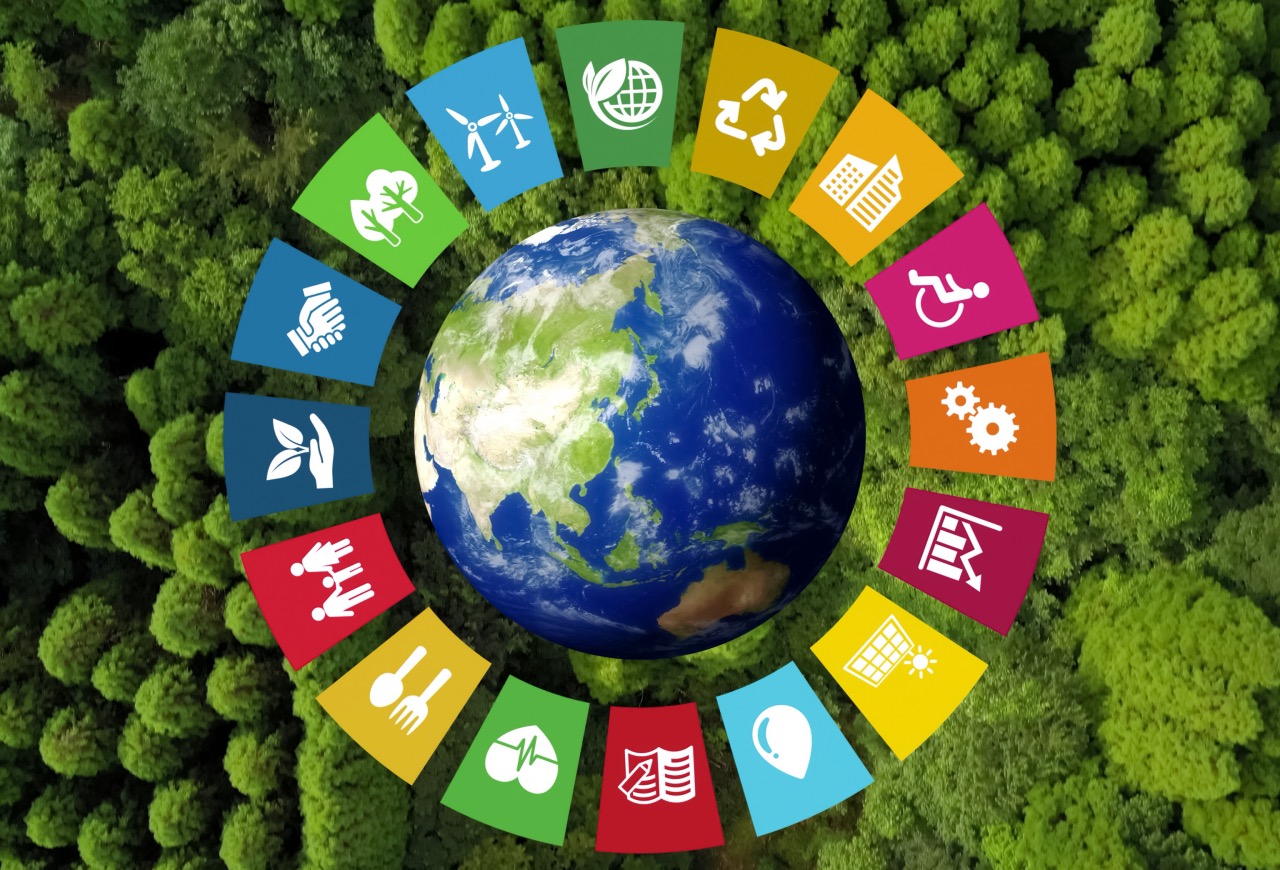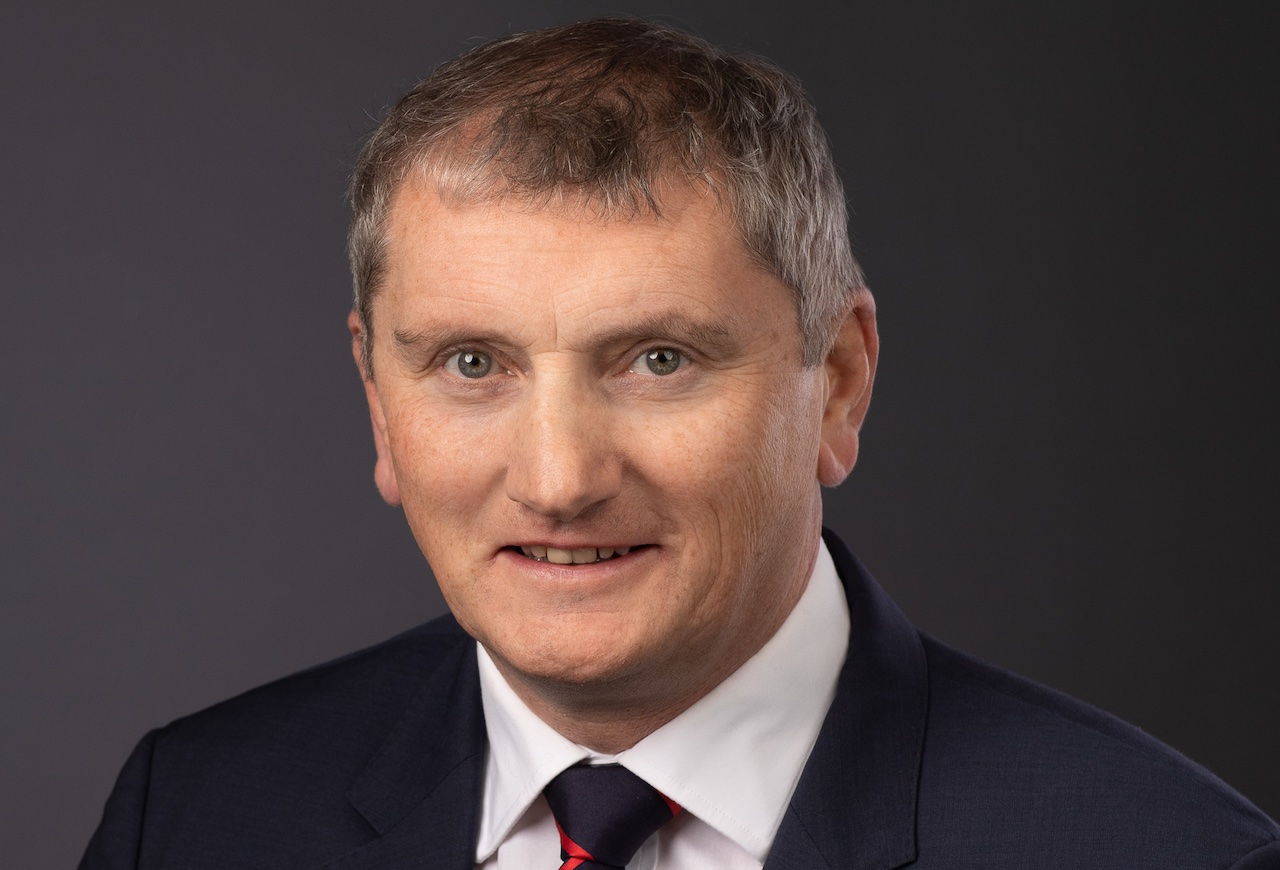Dublin-based KBI Global Investors analyses revenue streams within its investee companies to assess progress towards Sustainable Development Goals

Methodologies devised by asset managers to assess the impact of their own investment portfolios may not be a substitute for the still-to-be-developed standardised impact measurement framework that would allow investors to compare products across the industry. But, in addition to allowing these institutions to promote and streamline their own green strategies, this research can provide a valuable testbed for impact assessment techniques that could benefit the wider investment community.
Dublin-based investment manager KBI Global Investors (KBIGI) has been producing what it calls Revenue Alignment SDG Scores (RASS) for companies in its Natural Resources strategies portfolios since 2017. It uses these to assess the extent to which companies in which it has holdings are contributing towards meeting the UN Sustainable Development Goals (SDGs).
The methodology involves identifying the different business activities of an investee company, classifying all their revenue streams, and then determining whether the activity generating those revenues is contributing positively or negatively to one or more SDGs.
In its latest RASS update, KBIGI reported that a net 69.9% of revenues from its Global Resources Solutions portfolio at end-2021 were contributing to achieving the SDGs. The figure comprised 77.6% of portfolio revenues deemed positive minus 7.7 percentage from revenues deemed negative to achieving SDGs, while 14.8% were classified as neutral. Its other sustainable investment-oriented portfolios also showed relatively high RASS scores.
Geoff Blake, head of business development and client services, and a director at KBIGI, told Impact Investor, that the SDGs were becoming a more commonly used standard of measuring impact across the industry, and that the scoring system based on them provided a valuable tool that was more useful than relying solely on anecdotal evidence that investments were doing some good.

“Our approach is to try to give some clarity to the investor as to how the overall natural resources portfolios relate to the UN SDGs. We’ve shown that a significant proportion of the revenues of the companies in them are aligned to these goals and are thus highly impactful,” he said.
Blake said that, while it was no surprise that the scores for its portfolios were high, given the types of investments pursued under KBIGI’s natural resources strategies, the breakdown of revenue streams allowed the investor to see more precisely how their investments are aligned.
The positive versus negative revenues assessment fits in with the asset manager’s strategy of engaging with investee companies to move them towards more sustainable activities via transition, rather than investing only in firms with near-totally sustainable activities.
All investee companies in the Global Resources Solutions strategy must derive more than 50% of their revenues from activities in water-related, clean energy or food supply, which are likely to be beneficial for reaching SDGs. But that still leaves scope for negative impacts elsewhere in their activities.
“We engage with the companies, and sometimes we get them to understand that they would be better off without some of their smaller assets that have a negative impact on the SDGs. At the moment, we are engaging with a water utility in which we invest that owns a non-core petrochemicals asset, and we hope they will sell it,” Blake said.
Not all revenue sources are as easy to classify negatively as are petrochemicals assets. There are plenty of grey areas with which the investment industry must grapple, as evidenced by the wrangling over what should be classified as green under the EU’s taxonomy for its Sustainable Finance Disclosure Regulation (SFDR).
So, while revenues from natural gas production would attract a negative score, revenues from a gas heater business owned by a company held as part of KBIGI’s water strategy have been classified by the asset manager as “neutral” – attracting neither a positive nor negative score. KBIGI’s rationale for this is that, despite using natural gas, the product is one for which there is no similar alternative that doesn’t use fossil fuels.
Blake said lithium production was another grey area. Fossil fuels can be used intensively in the extraction process, but the use of lithium in electric vehicle batteries and mobile phones provide environmental, economic or social benefits that support SDGs. In this case, KBIGI has decided to classify revenues from some of these processes as positive and others as negative.
“There’s a degree of subjectivity to the process, but we believe RASS is helping investors in our portfolios better understand the purity of our portfolios. This purity is vital in helping us capture the alpha opportunities in the space”, Blake said






